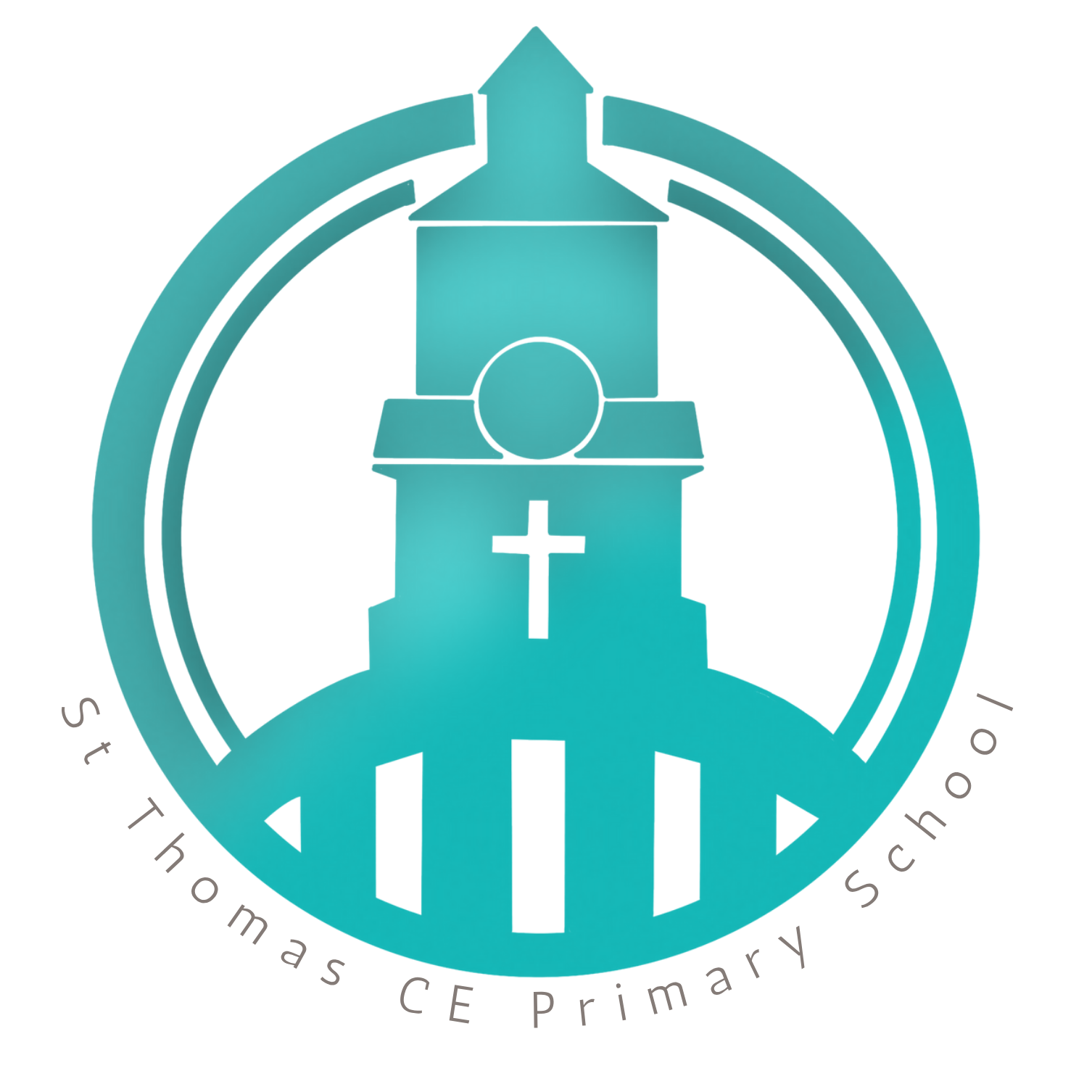Our Learning
Early Years Foundation Stage
Intent
The Early Years Foundation Stage follows a two yearly cycle curriculum which builds upon prior knowledge and skills as can be seen below:
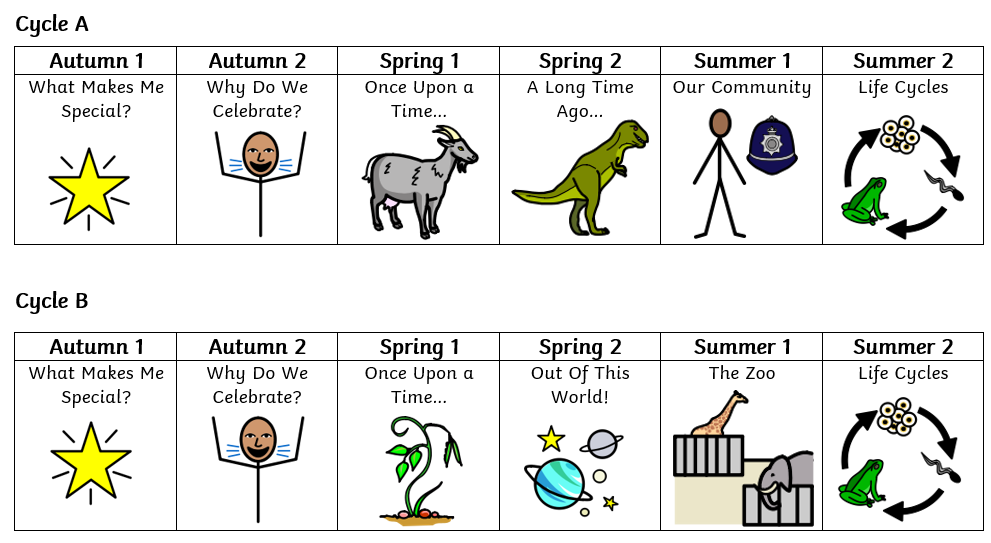
Our curriculum is designed to recognise children’s prior learning, both from previous settings and their experiences at home. We work in partnership with parents, carers and other settings to provide the best possible start at St Thomas CE Academy, ensuring each individual reaches their full potential from their various starting points. It has been designed to enable children to succeed through engaging and enriching learning opportunities.
There are seven areas of learning that make up the Early Years Foundation Stage curriculum.
These are as follows: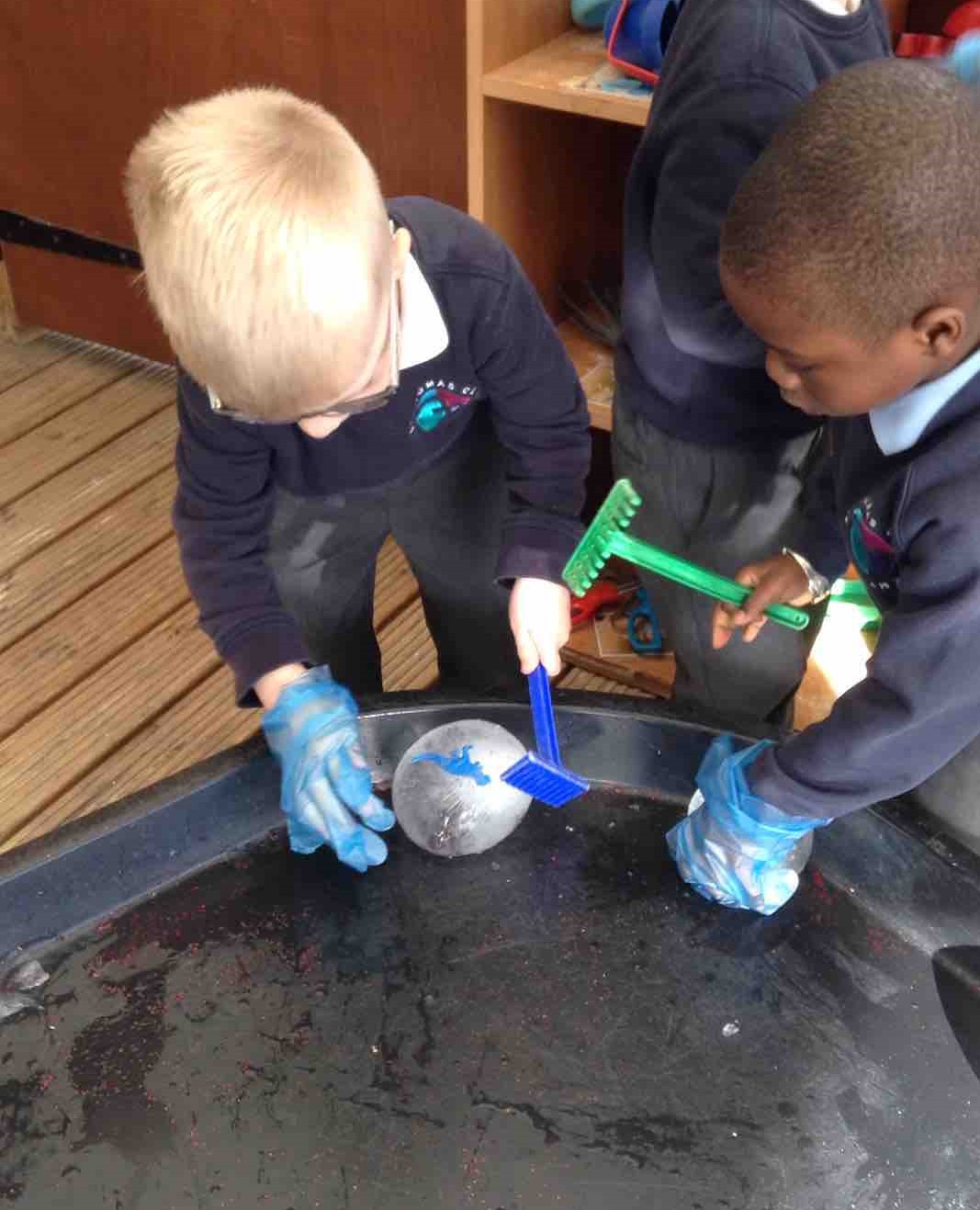
Prime Areas
- Personal, Social and Emotional Development
- Communication and Language
- Physical Development
Specific Areas
- Literacy
- Mathematics
- Understanding the World
- Expressive Arts and Design
Every half term, each of these areas is carefully planned for to meet children's needs.
Our enabling environments and warm, skilful adult interactions support the children as they begin to link learning to their play and exploration right from the start. We believe that high level engagement ensures high level attainment. We therefore provide an engaging curriculum that maximises opportunities for meaningful cross-curricular links and learning experiences, as well as promoting the unique child by offering extended periods of play and sustained thinking.
By the end of the Reception year, our intent is to ensure that all children make at least good progress from their starting points and are equipped with the skills and knowledge to have a smooth transition into Year 1.
Implementation
Each half term, our curriculum introduces a new theme to provide inspiration for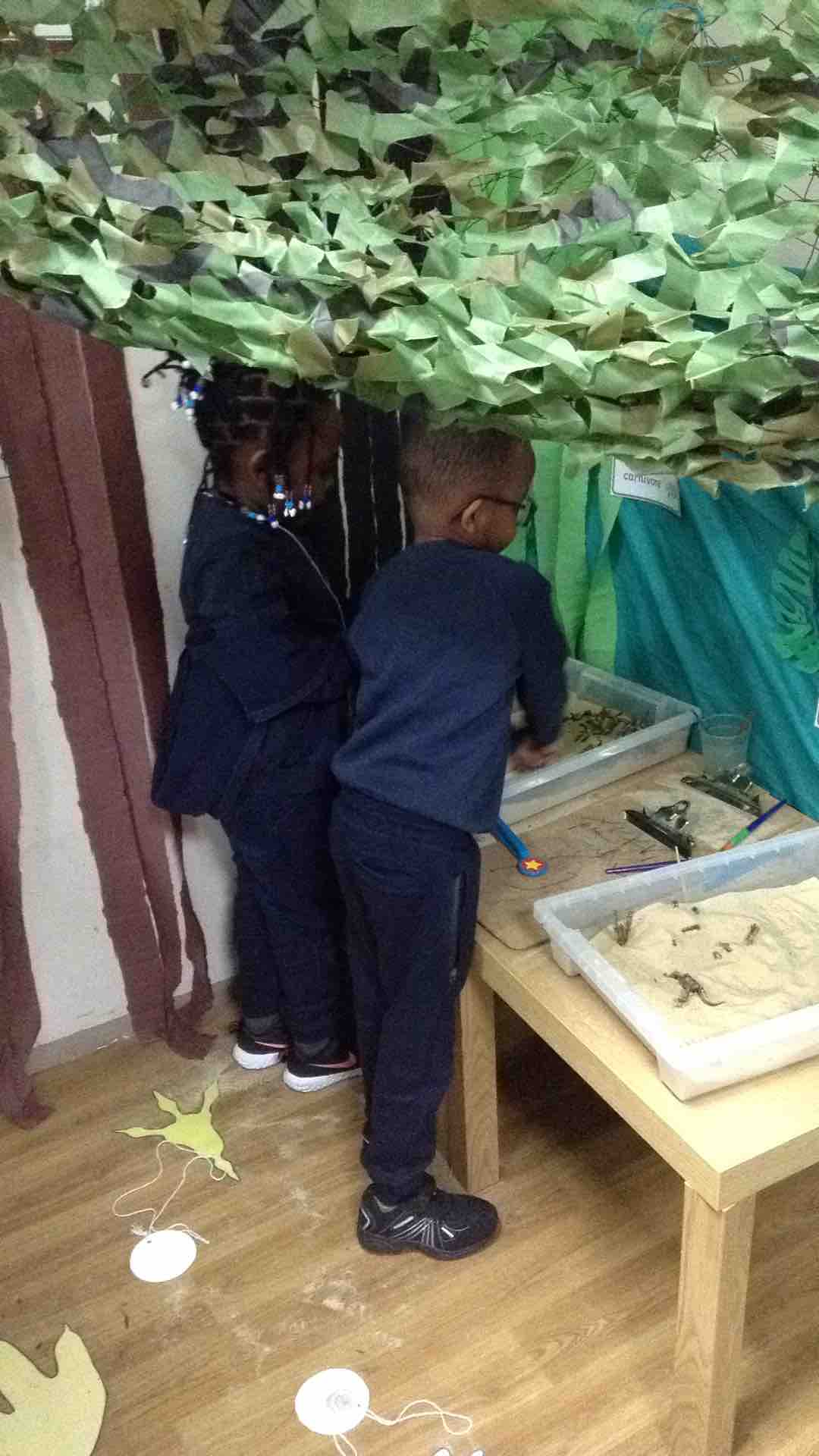 learning, whilst providing the flexibility for children to follow their own interests and ideas.
learning, whilst providing the flexibility for children to follow their own interests and ideas.
Children learn through both child-initiated and adult-directed activities. The timetable is carefully structured so that children have directed teaching during the day as well as opportunities to engage in meaningful play. The carefully constructed balance between this activities means that practitioners can systematically check for understanding, identify and respond to misconceptions quickly and provide verbal feedback which results in a strong impact on the acquisition of new learning. The timetable changes throughout the year to take into consideration the changing needs of the children.
Children are provided with extended periods of time to engage in active exploration throughout the variety of experiences carefully planned to engage and challenge them in the provision. The curriculum is planned for the inside and outside classrooms and equal importance is given to learning in both areas.
Literacy
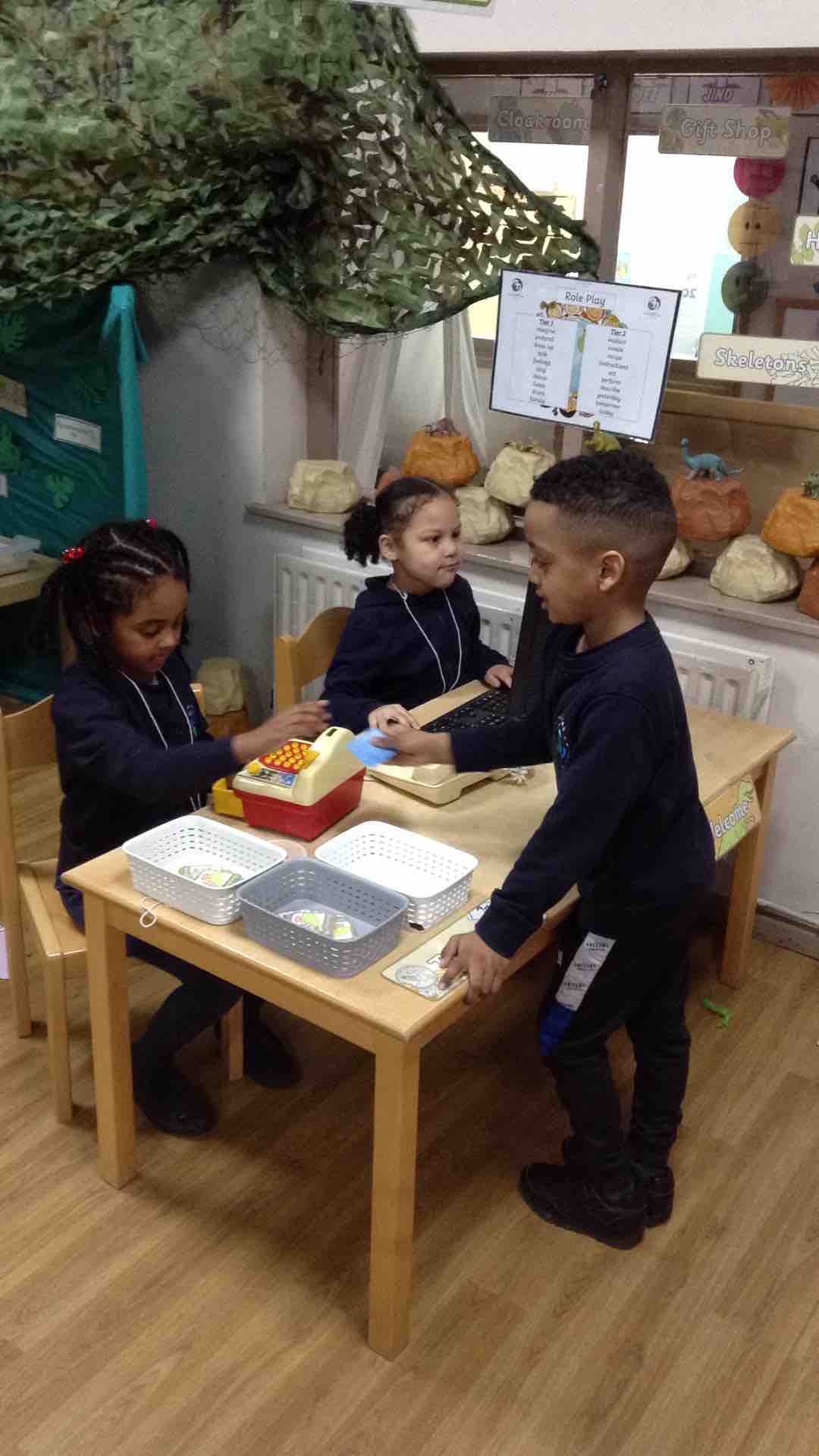 Reading is at the heart of our curriculum and our aim is to encourage a love of reading right from the start. Through using the Talk for Writing approach, children begin to internalise new vocabulary, language patterns and begin to retell stories. There is cohesion and consistency with our approach to align with the whole school English curriculum that is followed from Years 1-6.
Reading is at the heart of our curriculum and our aim is to encourage a love of reading right from the start. Through using the Talk for Writing approach, children begin to internalise new vocabulary, language patterns and begin to retell stories. There is cohesion and consistency with our approach to align with the whole school English curriculum that is followed from Years 1-6.
Phonics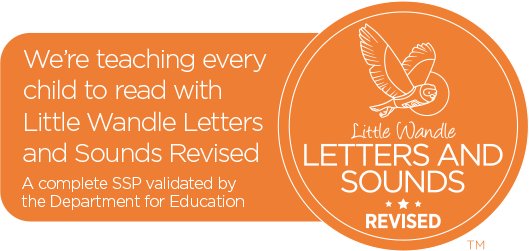
We follow the Little Wandle programme to ensure consistency across the school.
In Nursery children focus on the Foundation for Phonics which concentrates on developing children's speaking and listening skills prior to the phonic work which starts in Reception.
The emphasis during this time is to get children attuned to the sounds around them and ready to begin developing oral blending and segmenting skills.
In Reception, children are introduced to phonemes and graphemes in the order which can be seen below:

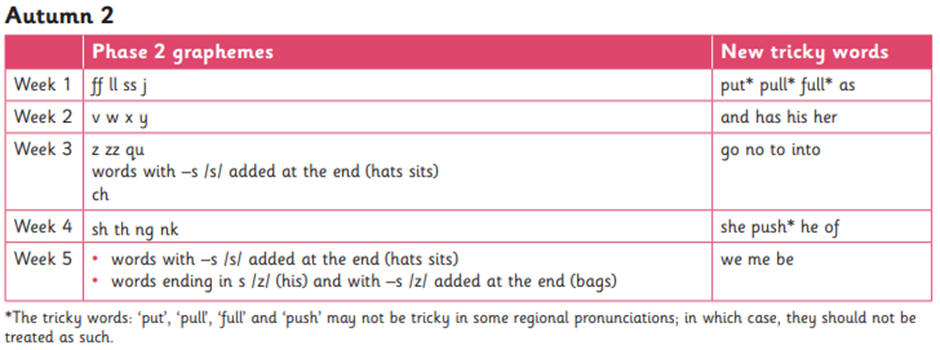

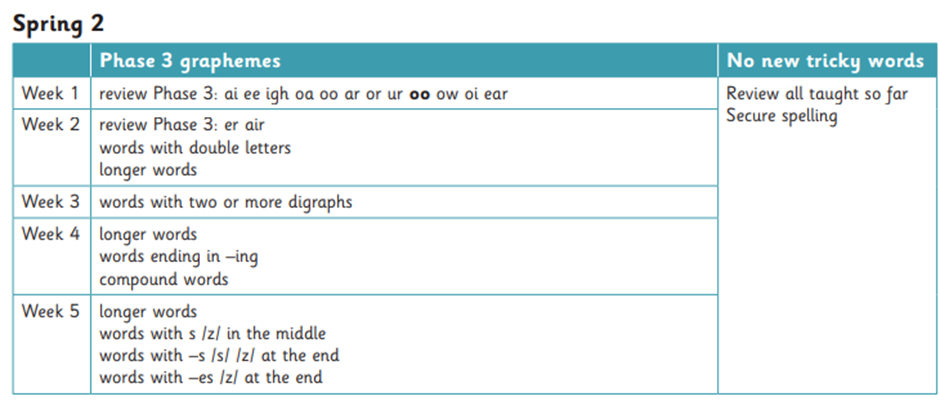

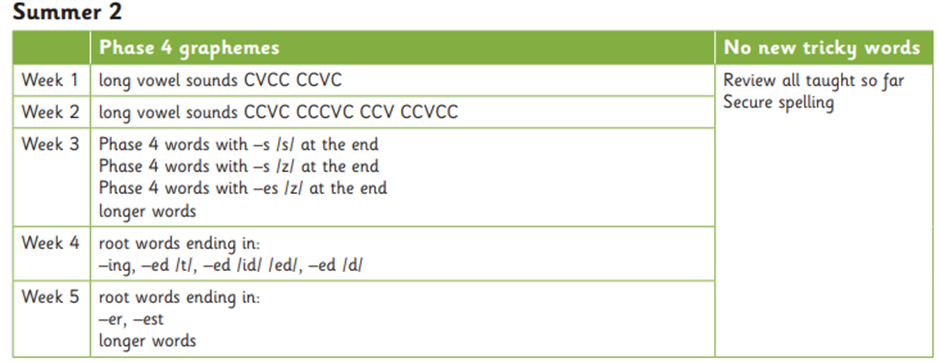
Reading Practice
Each child has three reading practice sessions per week as group that have been designed to focus on three key reading skills:
• decoding
• prosody – reading with meaning, stress and intonation
• comprehension – understanding the text.
Mathematics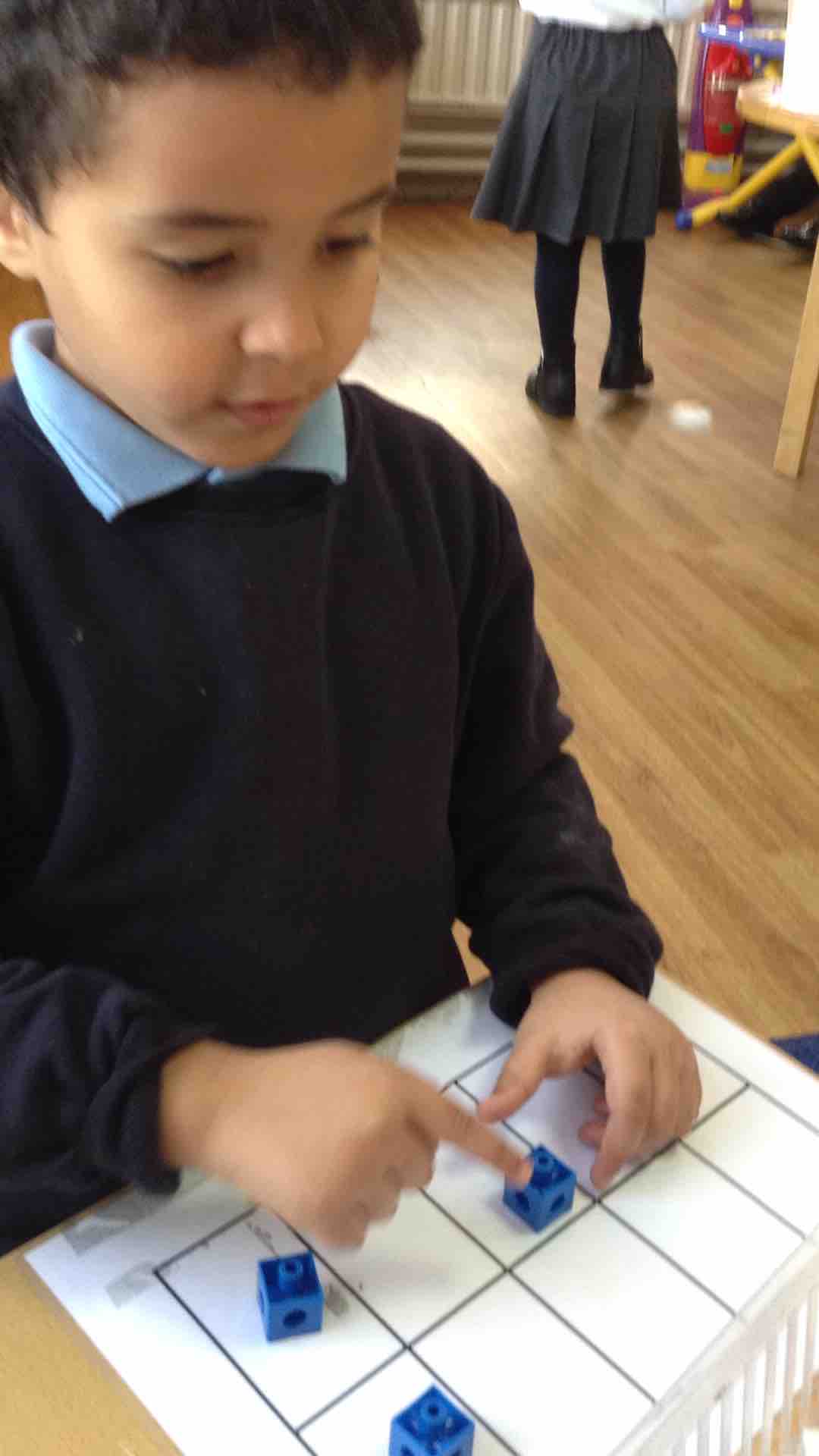
In Reception, we follow the Maths Mastery Scheme of work which is divided into weekly units. High quality learning environments and meaningful interactions with adults, support children in developing mathematical thinking and discussion. Pupils learn through games and tasks using concrete manipulatives and pictorial structures and representations which are then rehearsed applied and recorded within their own child-led exploration.
In Nursery, children develop a love of maths through games, songs, rhymes, and play using concrete manipulatives. There is a focus on the following counting principles; one to one correspondence, stable order and cardinal principle. The curriculum has been devised using Development Matters to ensure full coverage.
Wider Curriculum
Our wider curriculum is taught through the learning areas; ‘Understanding of the World’ and ‘Expressive Arts and Design.’ Early Years practitioners have a good understanding of how these areas feed into the National Curriculum through our robust planning and development opportunities.
Exciting, purposeful and contextual activities are planned to build on children’s natural curiosity.
Acknowledging the importance of vocabulary, children will be encouraged to use subject specific language and terminology relating to theme. This vocabulary will be modelled, by supporting practitioners.
Each area within each classroom also has vocabulary displayed related to the areas of learning, Practitioners are highly skilled in modelling this language to children so that in turn, they then use this in their own play.
Please find examples of tiered vocabulary via this link.
Impact
Baseline
Prior to children starting school, practitioners spend time engaging with the child’s parents and previous settings to gain an understanding of the whole child. During the first half term in Nursery or Reception, all practitioners use ongoing assessments, observations and conversations with the child to develop a baseline assessment. This identifies each individual starting point so that experiences can be planned that ensure success for all.
The following baseline assessments are also carried out.
The RBA (Statutory Reception Baseline Assessment)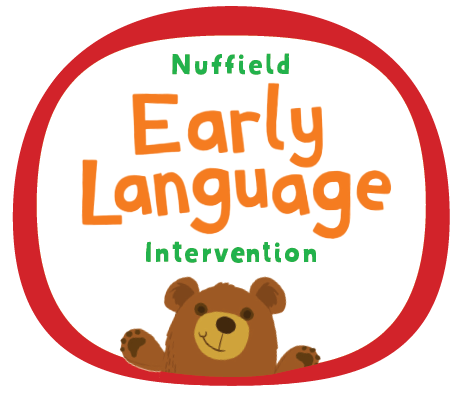
This assessment focuses on ‘Language, Communication and Literacy,’ and ‘Mathematics.’ The purpose of this is to show the progress children make from Reception until the end of KS2.
NELI (Nuffield Early Language Intervention)
NELI is an evidence-based oral language intervention for children who show weakness in their oral language skills and who are therefore at risk of experiencing difficulty with reading. The assessment informs us if the child is at expected for their age or requires intervention from trained NELI practitioners.
Ongoing Observation
All ongoing observations are used to inform weekly planning and identify children’s next steps. Practitioners draw on their knowledge of the child and their own expert professional judgements through discussions with other practitioners, photographs and physical examples of children’s learning.
Assessment
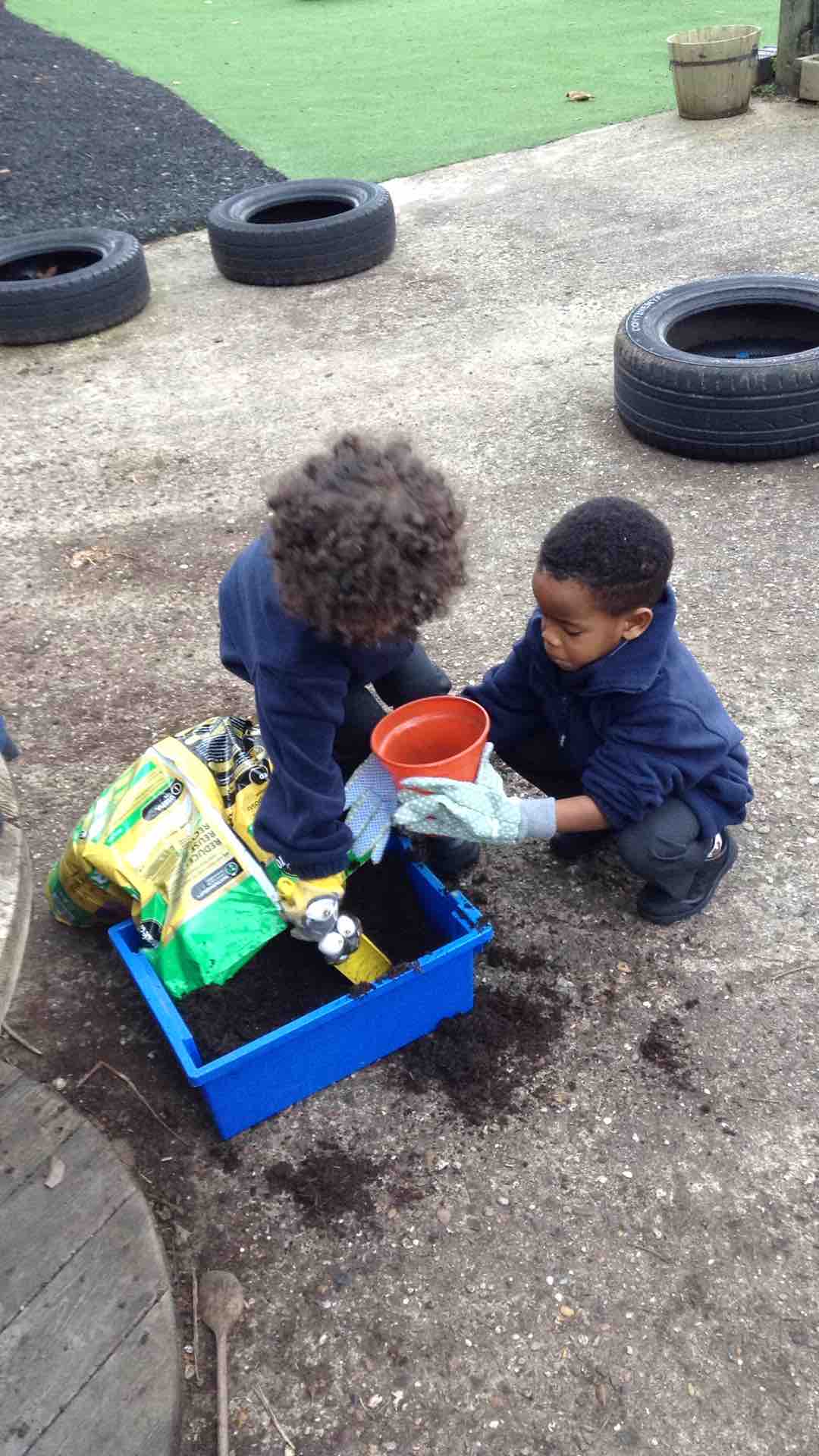 Phonics assessments are carried out using Phonics Tracker every six weeks to quickly identify pupils that are not making expected progress.
Phonics assessments are carried out using Phonics Tracker every six weeks to quickly identify pupils that are not making expected progress.
Assessments in all areas of learning are completed three times per year to monitor the progress children have made. Towards the end of the Summer term, the Early Years Foundation Stage Profile is completed where the class teacher judges whether the child has met each of the Early Learning Goals. They will be assessed as either ‘emerging’ or ‘expected.’ Impact is also evident through our successful transitions into Year 1.
Early Years practitioners have a good understanding of how each of the Early Learning Goals links to the National Curriculum, and through our robust planning and delivery across the spectrum of subjects – both core and foundation - children leave our Early Years Foundation Stage with the skills, knowledge and confidence to continue their journey as scientists, historians, artists and geographers!

